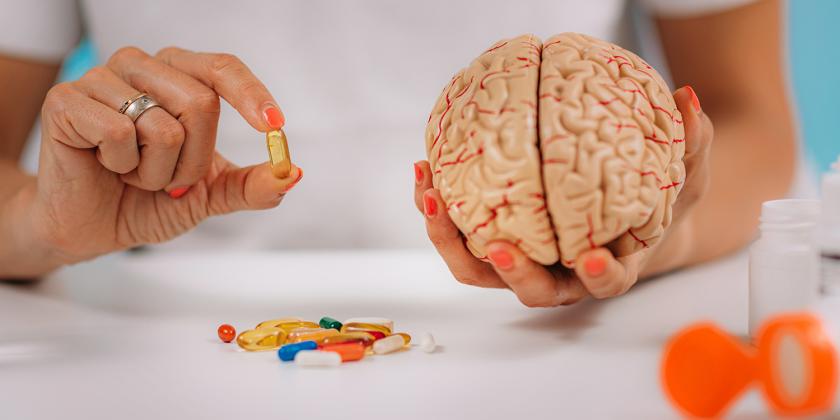
Feed your brain nutrients it needs to improve focus, memory, and mood.
Don't Miss a Thing!
Get the latest articles, recipes, and more, when you sign up for the tasteforlife.com newsletter.

Feed your brain nutrients it needs to improve focus, memory, and mood.
Get the latest articles, recipes, and more, when you sign up for the tasteforlife.com newsletter.